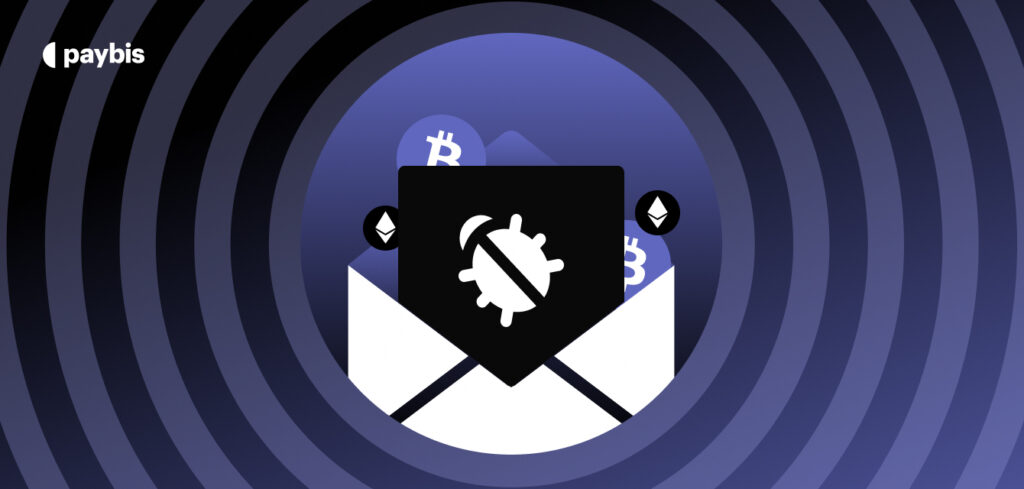IOU
An IOU, or I Owe You, is a brief written statement that acknowledges the existence of a debt or liability, often promising to make a future payment or provide some service.
Table of contents
What is an IOU?
An IOU is a simple contract that records money owed by one person to another. Unlike formal instruments like promissory notes or loan agreements, they are usually informal and may lack many of the protections that come with more formal contracts. They are useful for purposes of reminding people about their duty and can be relied upon as proof in certain legal proceedings.
Key Features of an IOU
- Parties involved. The names of the person who owes (the debtor) and what he or she owes (the creditor) must be clearly shown.
- Amount owed. The specific sum involved should be stated clearly in terms of money or the form that the service will take.
- Date. This should reflect when the IOU was given and sometimes also specify when it should be repaid or fulfilled.
- Signature. Although not always required, a debtor’s signature on an IOU adds credibility and formality, improving its chances of holding up in a dispute.
- Terms of repayment. Some IOUs may have repayment terms like maturity dates or accrual of interest, but this is more common in formal agreements.
Even though an IOU lacks the detailed legal language contained in formal contracts, it still serves as an essential recognition of indebtedness between parties.
How Do IOUs Work?
Issuance
When one party borrows cash or receives a service on condition to pay later, he/she can give out an IOU to the lender or provider, which acts as their promise to repay what they owe.
Acceptance
The creditor accepts the IOU as a temporary substitute for payment, based on trust that the debtor will fulfill his obligation as per the IOU terms.
Fulfillment
By either paying back what is owed by him/her or offering the agreed-upon service before the completion date or on completion day itself (whichever comes first). It means that the debtor should fulfill their part of the deal. Once the debt ir paid, the IOU ceases to exist since there won’t be any debt left.
Potential Disputes
If the debtor fails to fulfill the obligation, the lender can use the IOU to support their claims in legal proceedings to recover the debt. However, enforcing an IOU can sometimes be challenging due to its informal nature.
Different Contexts For Examples Of IOUs
IOUs are used in various contexts, such as personal loans and business transactions, including but not limited to:
Personal Loans
An individual could lend money to a friend or relative, who might use the IOU as proof of it. Friends or family members would utilize this concept over personal loans within their circle of social contacts. Suppose someone lends another $100, he or she may then issue an IOU saying, “I owe you $100 by month’s end.”
Business Transactions
Small businesses may issue creditors with IOUs when they cannot make payments at once. For example, a small-scale trade dealer might give a supplier an IOU promising to pay for goods bought when cash flow improves.
Debt Settlements
Debt settlement may involve delayed payment through negotiations, where creditors accept an IOU as a strategy to prevent changes or postponements in payment terms.
Informal Agreements
IOUs may also be used in situations that are less formal, such as promises to return borrowed stuff or pay back someone’s favor. For instance, one may borrow a lawnmower from his neighbor and, in turn, issue an IOU to him that says he will return it within a certain period.
Legal Concerns Involved with IOUs
While they are generally informal documents, the enforceability of an IOU largely depends on its explicitness and the jurisdiction where it is used. If the IOU has the debtor’s signature, acknowledging the debt, it can be admitted in court as evidence seeking enforcement.
An IOU with terms like repayment schedules and interest rates becomes more formal, subjecting it to legal scrutiny and strengthening its enforceability, which may require compliance with financial regulations.
They are also subject to a statute of limitations under which the enforcement of an IOU may be done. Within such a period, creditors must act to pursue legal action for repayment.
Sometimes, although rarely, there may be a desire by some parties to notarize an IOU to add one more layer of formality and legal recognition. This involves a procedure where a notary public verifies the parties’ identities and signatures authenticity.
FAQ
What is an IOU?
An informal document that recognizes liability or obligation, usually indicating a promised future delivery of money or service.
Is an IOU legally binding?
The debt must be clearly outlined in the IOU with the debtor’s signature appearing on it to be legally binding. However, its enforceability might depend on jurisdiction and other specific issues about particular IOUs.
How can I enforce an IOU?
If an IOU is not honored, the creditor can use it as evidence in legal proceedings to recover the debt. However, due to its non-formal nature, enforcing them may prove difficult.
Disclaimer: Don’t invest unless you’re prepared to lose all the money you invest. This is a high‑risk investment and you should not expect to be protected if something goes wrong. Take 2 mins to learn more at: https://go.payb.is/FCA-Info


